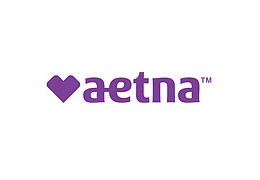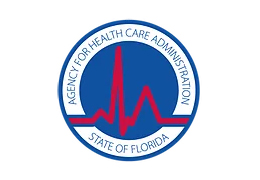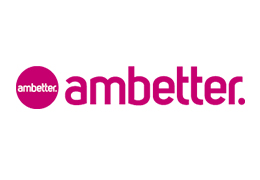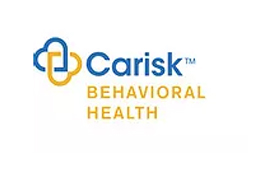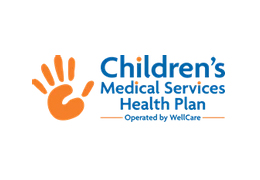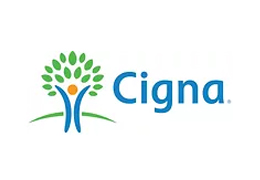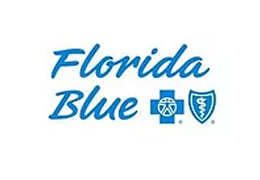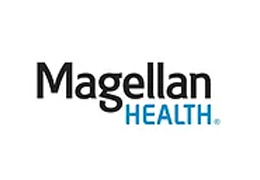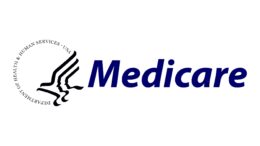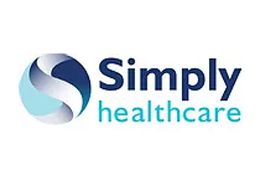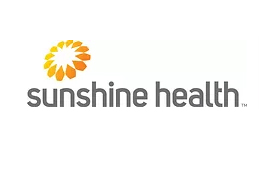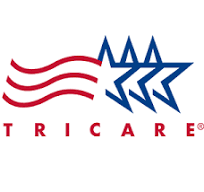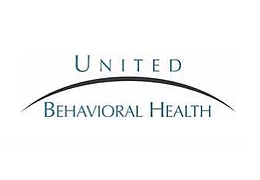Depression is a complex mental health condition that affects millions of individuals worldwide, including many residents of Delray Beach, Florida. When it comes to treating depression, two commonly used methods are Transcranial Magnetic Stimulation (TMS) therapy and medication. Marriage and Family Services goes into detail below.
Understanding Depression
Before delving into the treatments, it’s important to understand depression itself. Depression is characterized by persistent feelings of sadness, hopelessness, and a loss of interest in activities. It can affect a person’s thoughts, emotions, behaviors, and overall quality of life. While medication has been the traditional go-to treatment, TMS therapy has emerged as an alternative, non-invasive option for those who have not found relief from medications or have experienced unwanted side effects.
TMS Therapy: A Non-Invasive Solution
Transcranial Magnetic Stimulation (TMS) therapy is a non-invasive procedure that uses magnetic fields to stimulate specific areas of the brain associated with depression. During a TMS session, a specialized device delivers magnetic pulses to the prefrontal cortex, the part of the brain responsible for regulating mood. These pulses are painless and help to activate or modulate brain activity, potentially improving depressive symptoms.
Benefits of TMS Therapy
- Non-Invasive: Unlike invasive procedures such as Electroconvulsive Therapy (ECT), TMS therapy does not require anesthesia or sedation. It is generally well-tolerated and does not induce seizures.
- Minimal Side Effects: TMS therapy is known to have fewer side effects compared to medication. The most common side effects include mild headache or scalp discomfort during or after the treatment, which usually subsides with time.
- Targeted Treatment: TMS therapy specifically targets the prefrontal cortex, which is known to be involved in depression. By focusing on this specific area, TMS aims to rebalance the brain’s activity and restore normal mood regulation.
Medication: The Traditional Approach
Medication has long been the cornerstone of depression treatment. Antidepressant medications, such as selective serotonin reuptake inhibitors (SSRIs), serotonin-norepinephrine reuptake inhibitors (SNRIs), or tricyclic antidepressants (TCAs), are commonly prescribed to manage depressive symptoms. These medications work by altering the balance of neurotransmitters in the brain, ultimately affecting mood.
Benefits of Medication
- Wide Availability: Medications for depression are widely available and can be prescribed by psychiatrists or primary care physicians. They can be obtained at local pharmacies.
- Long-Term Management: Medication can provide ongoing support for individuals with chronic or recurrent depression. Regular use of antidepressants can help stabilize mood and reduce the frequency and intensity of depressive episodes.
Considerations for Medication
- Side Effects: Antidepressants may cause side effects such as nausea, weight gain, sexual dysfunction, or sleep disturbances. These side effects can vary depending on the specific medication and individual response.
- Trial and Error: Finding the right medication and dosage can be a process of trial and error. It may take time and adjustments to find the most effective medication with the fewest side effects.
Choosing the Right Treatment
Choosing between TMS therapy and medication depends on various factors, including the severity of depression, individual preferences, and previous treatment outcomes. It is essential to consult with a mental health professional who can provide personalized recommendations based on a thorough assessment.
In some cases, a combination of TMS therapy and medication may be the most optimal approach, as each treatment method has its own strengths. TMS therapy can be a viable option for individuals who have not responded well to medication or have experienced intolerable side effects. It offers a targeted, non-invasive alternative that can potentially provide relief from depressive symptoms.
On the other hand, medication can be an effective choice for those who prefer a more traditional approach or have had success with antidepressants in the past. It provides a wider range of options and can be used for long-term management of depression.
It’s important to note that TMS therapy and medication are not mutually exclusive. In some cases, they can be used together to enhance the overall effectiveness of treatment. This approach is known as adjunctive therapy, where TMS therapy is used in combination with medication to achieve better outcomes.
Ultimately, the decision between TMS therapy and medication should be made in consultation with a qualified mental health professional. They will consider factors such as the severity of depression, previous treatment history, potential side effects, and individual preferences. By working closely with a professional, residents of Delray Beach and surrounding areas can develop a personalized treatment plan that suits their unique needs.
Conclusion
Depression is a complex condition that requires a comprehensive approach to treatment. TMS therapy and medication are two commonly used methods for managing depressive symptoms. TMS therapy offers a non-invasive alternative that specifically targets the brain regions involved in depression, while medication provides a traditional approach with a wide range of options. In some cases, a combination of both treatments may be the most effective solution.
Remember, everyone’s journey with depression is unique, and what works for one person may not work for another. The goal is to find a treatment plan that aligns with your needs, preferences, and overall well-being. With the right support and guidance, it is possible to find relief and regain control over your life.



